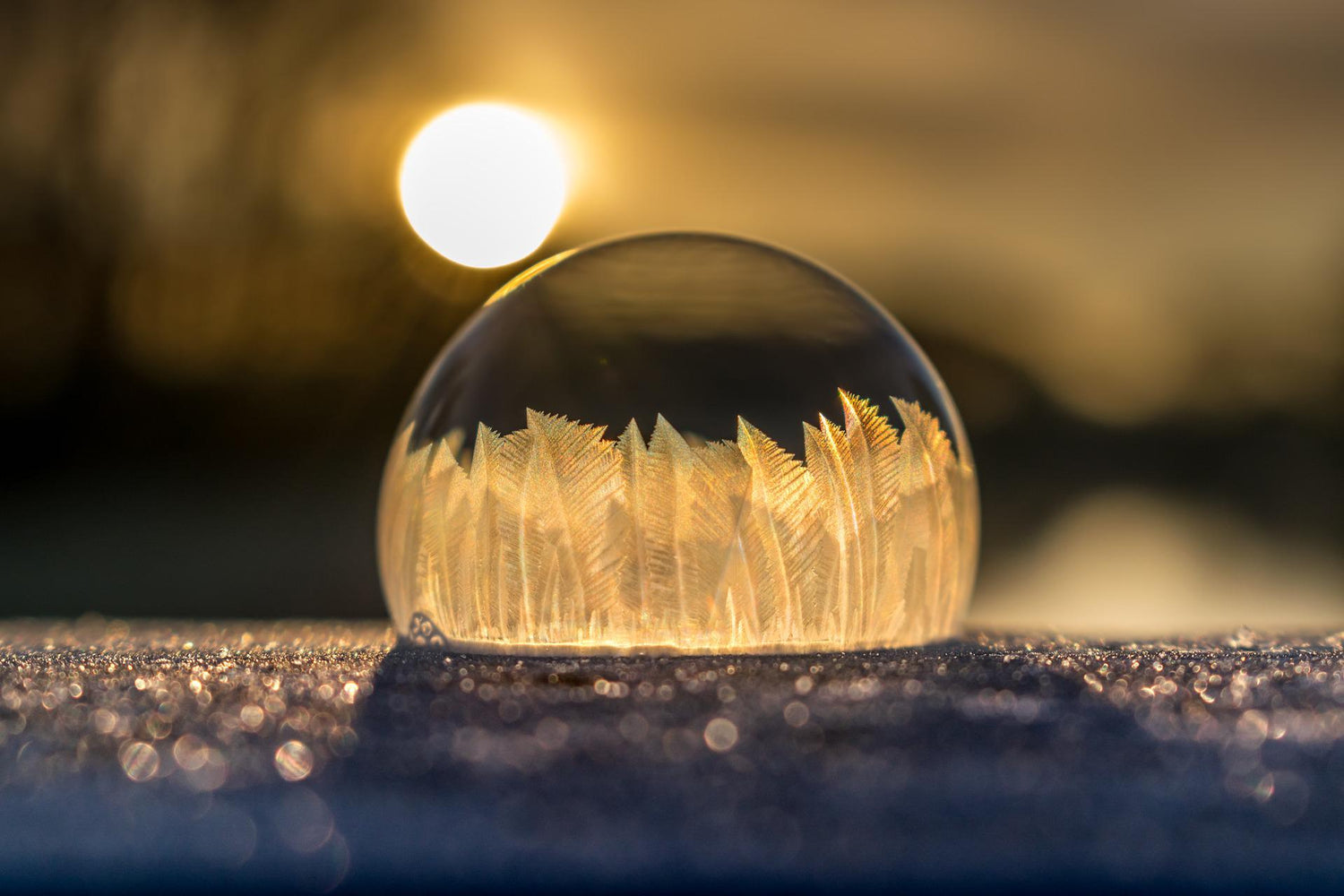The WHO report on non-sugar sweeteners was damning for zero calorie sweeteners, and if you read the report it is clear enough that artificial sweeteners should be avoided - even if the recommendations to avoid them were made with "low confidence" in the evidence.
The tragedy is that Stevia was included in this report alongside artificial sweeteners because it has no calorific value. (Which suggests they kind of missed the point!)
Stevia on the other hand showed a whole host of positive health benefits, or at least nothing detrimental. Many people will now be confused by it's inclusion and the sweeping generalisation made about "non-sugar sweeteners".
Overwhelmingly Positive
As they only included 3 studies that were dedicated to Stevia, the findings are fairly limited. In fact we could only find 5 references to Stevia so we will include them below, along with screenshots taken from the report itself.
This is every sentence that references Stevia within the report:
Hunger Cravings

"...in one trial, the participants in the control arm reported overall higher hunger scores compared with an arm receiving stevia (52)."
MEANING: Stevia performed well in reducing hunger cravings. That is a good thing!
Sweetness Cravings

"A sixth trial reported a significant positive correlation between sweet cravings and sugars intake but not between sweet cravings and stevia intake (52)."
Meaning: Unlike other options, Stevia has no positive association in creating sweet cravings. Good, right?
Neurocognition

"...those receiving stevia for 6 weeks did not display any changes in cognitive function, whereas those receiving sucralose showed a significant decrease in overall memory, encoding memory and executive functions (54)."
Meaning: The plant Stevia had no impact but (artificial) Sucralose actually impairs cognitive function. That's not good at all!
Dental Health

"...the concentrations of cariogenic Streptococcus mutans bacteria and lactobacilli, and the probability of developing caries (measured by a cariogram) in the stevia arm had decreased compared with baseline, whereas there were no statistically significant changes in the sugars arm (209)."
Meaning: Compared to baseline data, Stevia promoted good dental health. Great!
Furthermore...
"...mouth rinse containing stevia or placebo was used daily by children for 6 months. At the end of the trial, there was a significant improvement in the stevia arm compared with the placebo arm in plaque scores and gingival scores. There were no changes in the number of cavitated lesions in the stevia arm, but there was an increase in cavitated lesions in the placebo arm (from 5.6% to 5.8%) (210)."
Meaning: Yet again, Stevia is fantastic for dental health! Hooray!!
The Results
In summary the findings shown in the report were:
-
Stevia does not induce hunger cravings
-
Stevia does not induce sweetness cravings
-
Stevia has no detrimental impact on cognitive function (unlike sucralose)
-
Stevia reduced counts of oral bacteria that cause caries/cavities
-
Stevia reduces plaque and gingival scores in children
That does not sound like something we should be generalising as the same as artificial sweeteners, which literally have no value at all. Humans have been consuming Stevia for more than 1500 years and we think that should continue!!
We advise our readers to take a look at some of the research we found on the health benefits of Stevia - one of which was included in the report.
Disclaimer
Obviously we sell natural sweeteners, so we have a horse in this race so to speak, and potential for bias here. This is why I have included links to the report and quoted directly from it. We say "no" to laboratory-made artificial sweeteners, and "yes" to sweeteners arise in nature, but we would encourage our customers to dig deeper to find more information.
Read the Report Summary
Use of non-sugar sweeteners




